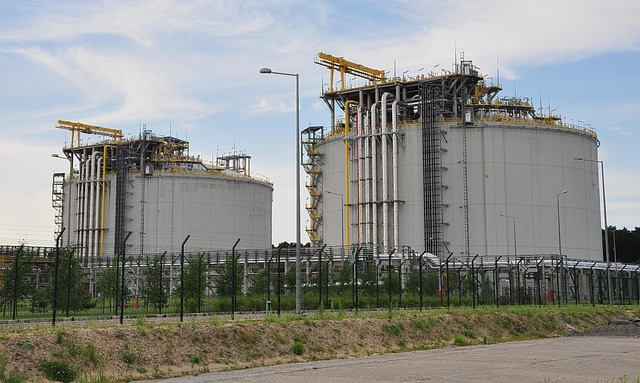
Navigating Crisis: Innovations in Science, Technology, and Workplace Culture
In recent years, navigating crisis has become an essential skill for organizations across the globe. The field of crisis management has evolved significantly, fueled by unprecedented challenges. As we delve into the realms of science, technology, and workplace culture, it becomes evident that innovations in these areas are pivotal in successfully steering through turbulent times.
Science plays a crucial role in understanding the dynamics of crises. Researchers continuously explore the psychological and social impacts of crises, providing us with insights invaluable for effective crisis management. For instance, studies on human behavior during emergencies aid organizations in developing strategies that foster resilience. When organizations leverage scientific findings, they can enhance their preparedness, enabling teams to respond more effectively when challenges arise.
Meanwhile, technology stands at the forefront of contemporary crisis management. In an age where information spreads rapidly, having access to the right tools and platforms is vital. Technologies such as artificial intelligence and big data analytics allow organizations to predict potential crises before they escalate. For example, businesses now utilize predictive analytics to monitor social media sentiment, helping them identify brewing issues and respond proactively. Additionally, digital communication platforms have become indispensable, ensuring seamless information flow during crises, thus minimizing uncertainty and anxiety among stakeholders.
However, all the technological advancements in the world can’t replace the human element that arises within workplace culture during a crisis. A positive, nurturing culture can significantly impact an organization’s ability to navigate through tough times. When employees feel valued and supported, they are more likely to contribute effectively to crisis management efforts. Thus, fostering an environment of trust and collaboration is essential. Organizations that prioritize open communication encourage people to share ideas, report problems, and actively participate in solution-building during crises.
Innovative workplace culture is also about cultivating agility and adaptability. Organizations that embrace change and empower their teams to think creatively will be better suited to handle unexpected challenges. Encouraging a growth mindset can lead to breakthroughs during crises, turning potential setbacks into opportunities for innovation and improvement. Companies that invest in employee training and development foster a workforce capable of rising to the occasion, ready to tackle any complications that arise.
Lastly, as we reflect on the intersection of science, technology, and workplace culture, it’s clear that integrating these elements creates a robust framework for effective crisis management. Chambering new ideas, from advanced algorithms to empathetic leadership, forms a powerful arsenal against whatever unforeseen events may come. In this light, navigating crises is not merely about survival; it’s about thriving and paving the way for future resilience.
By understanding and harnessing the innovations in these domains, organizations can transform their approach to crisis management. The future of effective crisis management lies in the proactive blending of scientific insights, cutting-edge technologies, and nurturing organizational cultures. Let’s embrace these innovations and work collectively to not only respond to crises but to emerge from them stronger than before.



